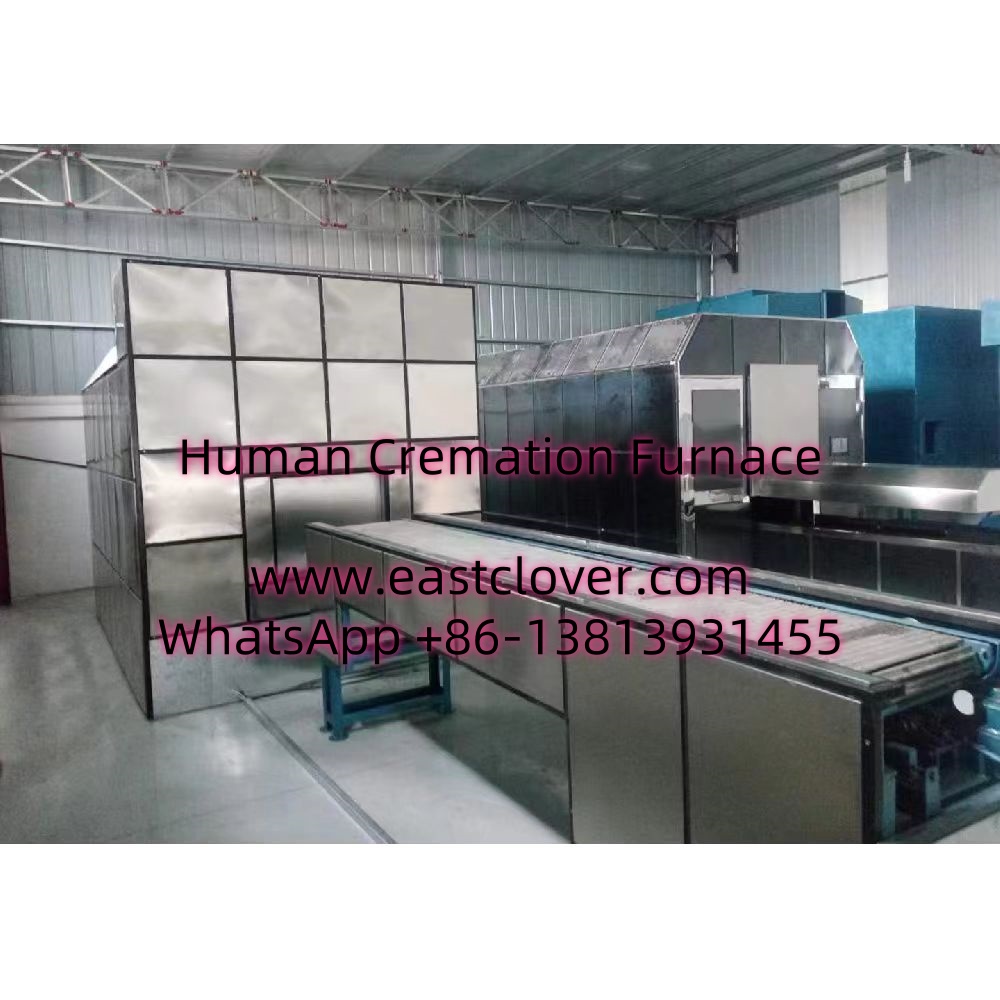Introduction
Mumbai, a bustling metropolis with over 20 million residents, faces relentless pressure on its healthcare infrastructure. End-of-life management, particularly cremation, has long posed logistical, environmental, and emotional challenges for the city. Traditional crematoriums, often overwhelmed even during non-pandemic times, struggled further during COVID-19, exposing systemic vulnerabilities. Mobile cremation furnaces—a portable, eco-friendly solution—are emerging as a transformative tool to streamline Mumbai’s end-of-life processes while upholding dignity for the departed.
The Need for Innovation in Mumbai’s End-of-Life Management
Mumbai’s cremation infrastructure has lagged behind its population growth. Key challenges include:
- Overcrowded Facilities: The city’s 54 crematoriums handle approximately 170 bodies daily under normal circumstances, but demand surged during COVID-19 to over 1,000 bodies per day.
- Environmental Impact: Traditional wood pyres consume 400 kg of wood per cremation, contributing to deforestation and air pollution.
- Logistical Delays: Transporting bodies to distant crematoriums delays rituals, exacerbating grief for families.
- Space Constraints: Limited land availability hinders the expansion of fixed-site crematoriums.
How Mobile Cremation Furnaces Work
Mobile cremation furnaces are compact, truck-mounted units equipped with advanced incineration technology. Key features include:
- Fuel Efficiency: Use CNG or electricity, reducing emissions by up to 90% compared to wood pyres.
- Rapid Deployment: Units can be dispatched to hospitals, disaster sites, or temporary facilities within hours.
- Pollution Control: Integrated filters capture particulate matter, ensuring compliance with India’s Central Pollution Control Board standards.
- Customization: Designed to accommodate religious rituals, such as allowing families to initiate the cremation process.
Benefits for Mumbai’s Healthcare Ecosystem
- Reduced Hospital Workload: Hospitals can manage on-site cremations, freeing staff to focus on patient care.
- Cost Savings: Eliminates third-party transportation costs (averaging ₹5,000–₹10,000 per body) for economically vulnerable families.
- Dignity in Final Rites: Minimizes delays, ensuring timely cremation per Hindu, Muslim, or Christian traditions.
- Scalability: Units can be deployed during crises, such as pandemics or natural disasters.
Case Study: COVID-19 and the Push for Mobility
During the Delta variant surge in April–May 2021, Mumbai’s crematoriums operated beyond capacity, with bodies queued for hours. Temporary grounds in parks and parking lots sparked public outcry. Mobile furnaces, though not widely adopted then, could have mitigated this crisis. For instance, a prototype deployed in Delhi reduced cremation waiting times from 12 hours to under 3 hours, highlighting their potential.
Implementation Challenges
- Cultural Perceptions: Some communities associate electric/CNG cremation with impersonal processes.
- Regulatory Hurdles: Navigating municipal approvals and environmental clearances requires streamlined policies.
- Infrastructure Costs: Each unit costs ₹40–₹60 lakh, necessitating public-private partnerships.
- Staff Training: Hospital workers need training to operate furnaces sensitively and safely.
www.southclover.com
Mobile cremation furnaces represent a pragmatic evolution in Mumbai’s healthcare infrastructure. By integrating technology with cultural sensitivity, they address space, environmental, and logistical constraints while preserving the sanctity of final rites. As the city prepares for future demographic and public health challenges, scalable solutions like these will be critical to balancing efficiency with compassion.
FAQs
- How do mobile furnaces compare environmentally to traditional methods?
- They reduce carbon emissions by 85–90% and eliminate wood consumption, aligning with India’s climate goals.
- Can families participate in the cremation process?
- Yes, units are designed with viewing windows and allow families to initiate the process, respecting religious customs.
- What is the cost per cremation?
- Approximately ₹3,500–₹5,000, subsidized by the BMC, compared to ₹8,000+ for wood-based cremations.
- Are these furnaces only for hospitals?
- No. They can serve residential complexes, disaster zones, or rural areas lacking cremation infrastructure.
- How quickly can a unit be operational?
- Within 1–2 hours of arrival, with minimal setup required.

Comments are closed